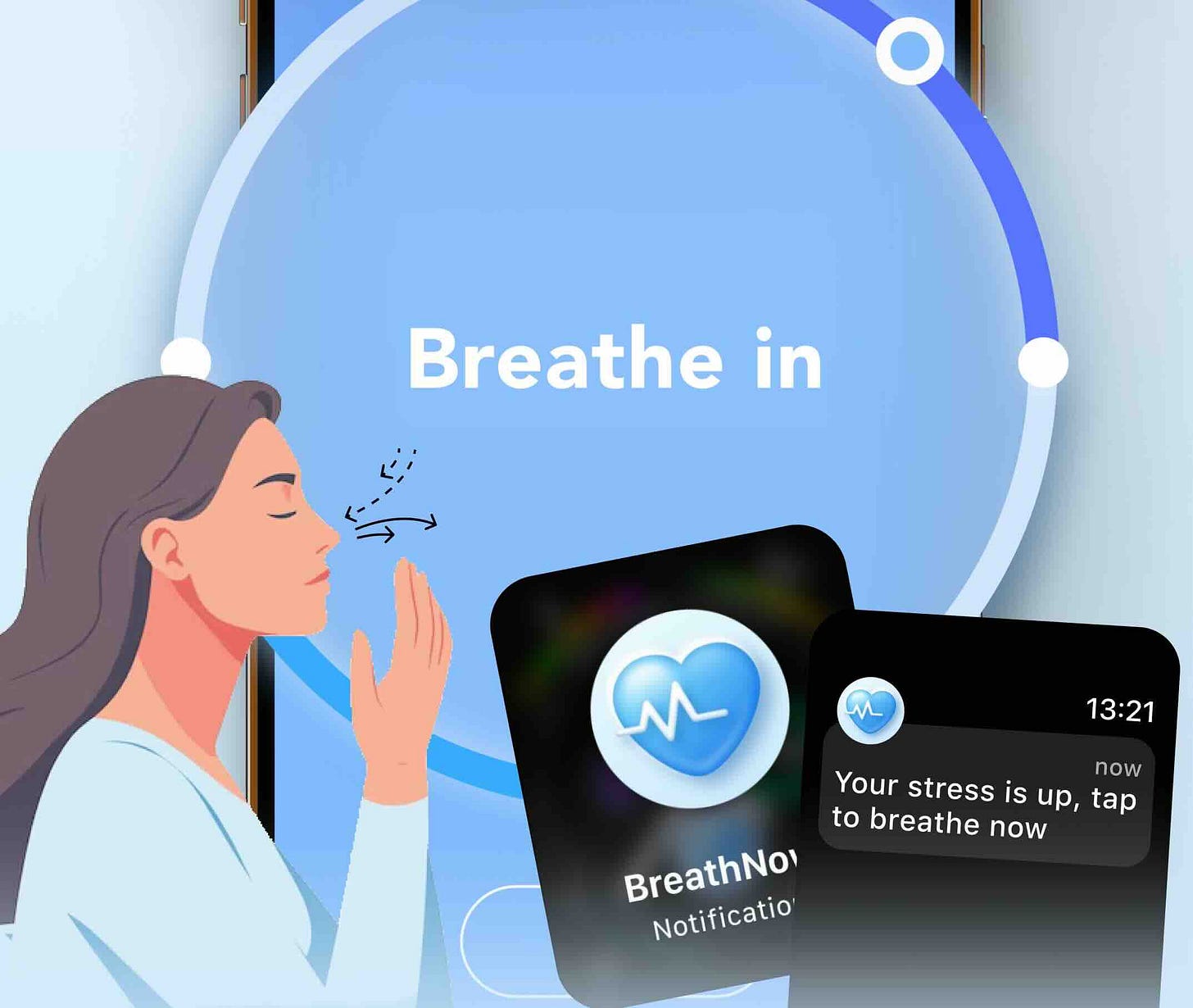What is source of the new scientific evidence?
"Relaxation Techniques and Blood Pressure: Short-Term Benefits" (Based on a pooled data analysis published in BMJ Medicine, funded by the National Institute for Health and Care Research (NIHR), led by the Universities of Bristol and Exeter (UK). Published in April 2025 [1].
What are the main points?
The pooled data analysis of existing research suggests that relaxation techniques may be effective in lowering high blood pressure, at least in the short term (up to three months).
High blood pressure is a significant health issue, affecting a large proportion of the population and being a leading cause of death. Given poor adherence to conventional drug treatments, there is growing interest in alternative approaches like relaxation techniques, particularly as a way to reduce stress levels, a major risk factor for high blood pressure.
What exactly does this new research say?
The analysis included 182 studies (166 on high blood pressure and 16 on elevated blood pressure). Using network meta-analysis, the researchers found that various relaxation techniques appeared to lower both systolic and diastolic blood pressure within a three-month period for individuals with high blood pressure.
Specific techniques and their observed reductions in systolic blood pressure (compared to no intervention) at three months or less include:
- Slow breathing: 6.65 mm Hg
- Meditation: 7.71 mm Hg
- Meditative movement (tai chi and yoga): 9.58 mm Hg
- Music: 6.61 mm Hg
- Progressive muscle relaxation: 7.46 mm Hg
- Psychotherapy: 9.83 mm Hg
Combination techniques: 6.78 mm Hg
Important Ideas.
- Short-Term Efficacy: The most significant finding is the apparent short-term benefit of various relaxation techniques on reducing blood pressure in individuals with high blood pressure.
- Variety of Techniques: The study reviewed a diverse range of techniques, indicating that several different approaches may be beneficial.
- Potential Alternative/Complementary Approach: The interest in relaxation techniques stems from the challenge of poor adherence to conventional drug treatments for high blood pressure.
These techniques could offer an alternative or complementary approach. Dr Rachel Johnson notes that "many people with high blood pressure are interested in using approaches that do not include medication."
Next steps.
BreathNow research team arrived at exactly the same conclusions several years ago and this was the reason why we built the BreathNow app. It includes most of the techniques described above. Also the app includes aerobic and isometric exercises which require more effort but also produce long term results.
You can check out on our website in minutes how slow breathing helps to lower blood pressure. Or explore the free version of the BreathNow app which includes different calming techniques which can be done off-line. Please let us know how they worked for you.
References:





